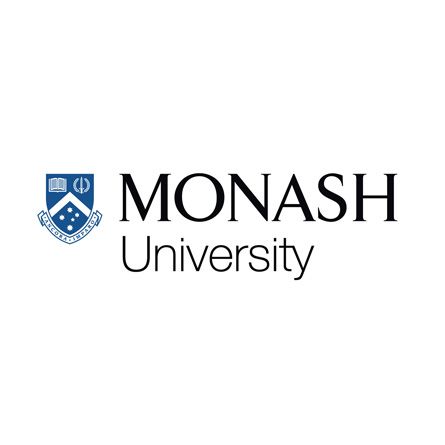Australian Project to Improve Water Delivery in Urban Slums
Published on by Water Network Research, Official research team of The Water Network in Government
Monash University’s Sustainable Development Institute aims to ensure water access for urban poor.
 This project that aims to revolutionise water delivery and sanitation in urban slums has been awarded $27m in funding.
This project that aims to revolutionise water delivery and sanitation in urban slums has been awarded $27m in funding.
Prof Rebekah Brown, the director of the Sustainable Development Institute at Melbourne’s Monash University, has been awarded a $14m research grant by the Wellcome Trust’s Our Planet Our Health awards in the UK.
A further $13m from the Asian Development Bank would cover infrastructure and construction costs.
The large, multidisciplinary project – with contribution from Stanford and Emory universities in the US – aims to revolutionise water delivery to slums in urban areas, and will help rebuild 24 settlements in Indonesia and Fiji over five years.
More than 600 groups from around the world applied for funding from Our Planet Our Health, of which only four were successful. Brown’s study was one of only two relating to urbanisation.
Josh Frydenberg, Australia’s minister for the environment, was due to announce the funding at Monash University on Tuesday morning.

Brown said she and her team were “thrilled and so privileged” to receive the money. The project’s aim was to address challenges in ensuring access to water and sanitation for the world’s urban poor, which, Brown said, now cost more than $100bn in global aid.
“We’re hoping we’ll be able to give a blueprint of how to do water and sanitation better, in a more sustainable way. We want to be able to influence that so it’s spent in the optimum way.”
Brown said the dominant “big-pipes approach” of delivering water from reservoirs did not suit urban slums because it was expensive, wasteful and difficult to introduce in informal settlements.
Her team would trial Australian innovations in self-contained and decentralised infrastructure to capture rainwater, treat contamination and clean up waste. The low-energy process would also create another water source that could be used for for irrigation.
The success of the project would be measured by the health of village residents – particularly the gastrointestinal health of children under five – and that of the surrounding environment.
Read more at: The Guardian
Attached link
http://www.youtube.com/embed/e7k7p1oTi1kMedia
Taxonomy
- Water Access
- Urban Water
- Urban Water Supply
- Urban Water Infrastructure
- City
- Water Sanitation & Hygiene (WASH)